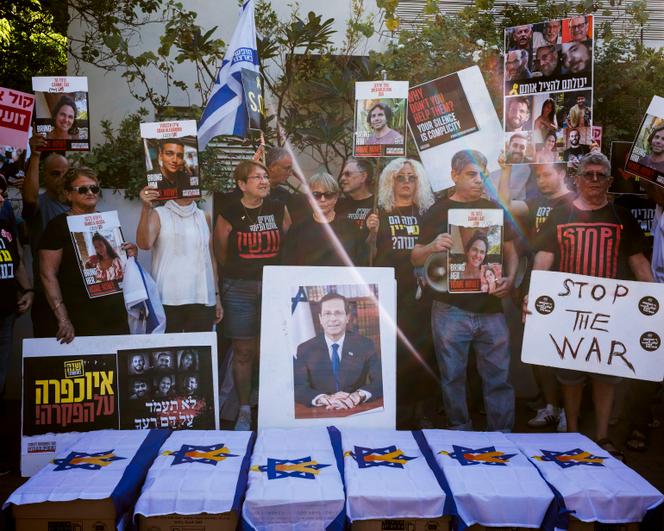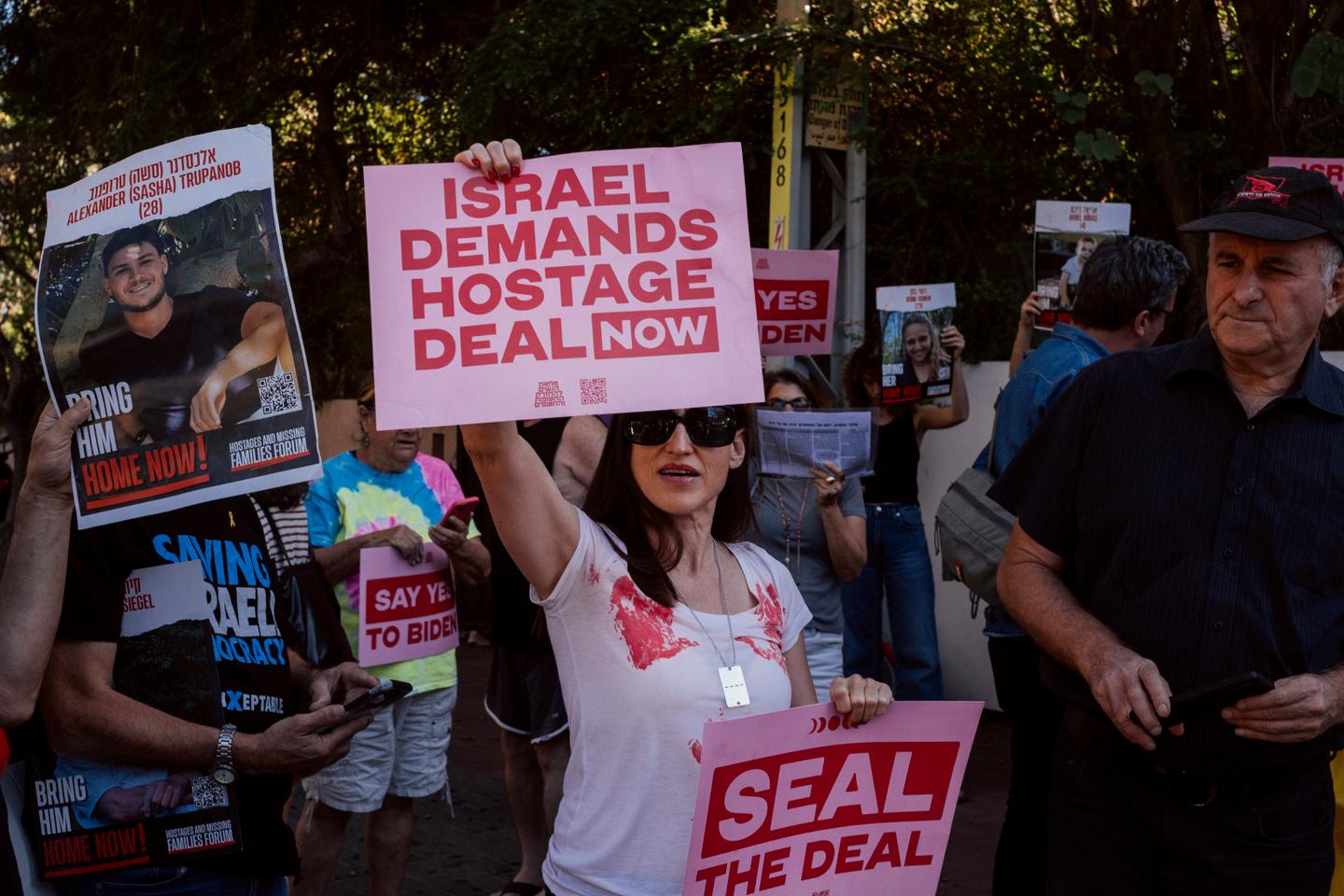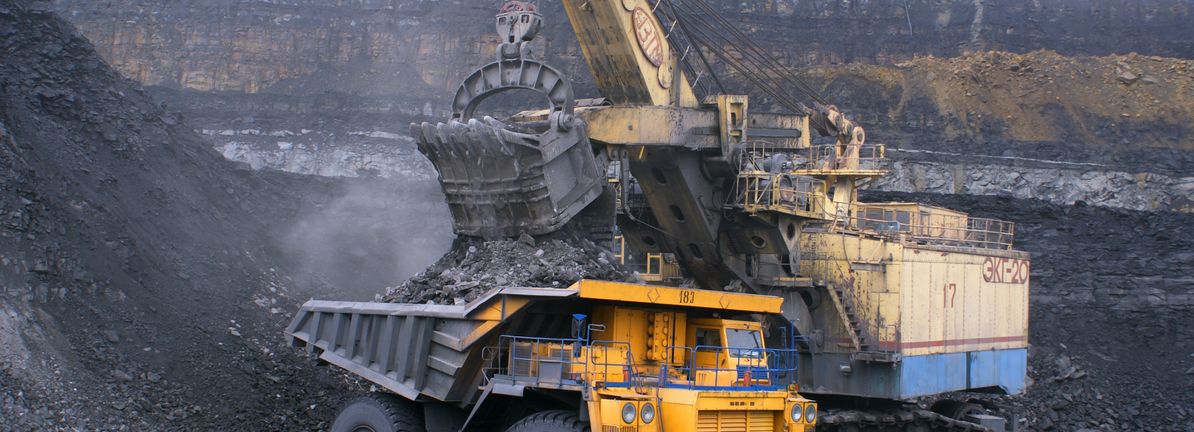North of Tel Aviv, on Saturday, October 19, members of the Hostage Families Forum no longer had much to look forward to. Since the announcement of Yahya Sinwar’s killing the day before, hopes that the death of the Hamas leader would lead to a decrease in the intensity of the ongoing conflicts in Gaza, but also, by extension, in Lebanon, have been seriously dashed. As every week at the end of the Sabbath, demonstrations are planned across the country. These are the first since the death of Yahya Sinwar, and his killing has had no discernible sign that an agreement between Israel and Hamas, including an exchange between Palestinian hostages and prisoners, has any chance of being reached. The demonstrators who gathered here in Tzahala, north-east of Tel Aviv, know that the days of the Gaza captives are numbered. The war waged by the Israeli army continues in the enclave. Just as the strikes against Hezbollah in Lebanon continue.
Just a few weeks ago, the demonstrators were convinced that the whole country would join in their anger, and that soon a million people would be in the streets. This was an illusion. Now, it’s impossible not to see that their ranks are thinning, that their voice is less powerful than ever. Today, in Tzahala, there are only about fifty of them in front of the residence of the Israeli president, Isaac Herzog. Over the past year, even the most spectacular mobilizations have never been massive enough to embody a country pitted against its government. They have never changed one iota its way of waging war. Since the death of Yahya Sinwar, the Israeli army has continued its operations in northern Gaza, carrying out devastating strikes.

In Tzahala, among the elegant houses, Yehuda Cohen, father of a hostage, has a voice that trembles a little as he tries to say what he fears for his son, Nimrod, who turned 20 years old in Gaza. He had joined a unit at the Nahal Oz base outside Gaza as part of his military service shortly before October 7. He was captured there when Hamas attacked.
With his gray hair pulled back into a ponytail, giving him a “pacifist” air of the kind that enrages the advocates of war at all costs, this computer engineer and algorithm specialist is still trying to express his indignation, overwhelmed by the terror of never seeing his son alive again: “After Sinwar’s death, we’re afraid that it’s every man for himself now for Hamas, and that they’ll liquidate the hostages. We beg for an agreement, we ask for it with all our might, we shout for it. And, [Prime Minister Benjamin] Netanyahu won, didn’t he? He could stop the war now. Otherwise, the continuation of the fighting is entirely his responsibility. He can no longer say that it’s Sinwar who’s blocking peace negotiations,” he said.
You have 62.11% of this article left to read. The rest is for subscribers only.



